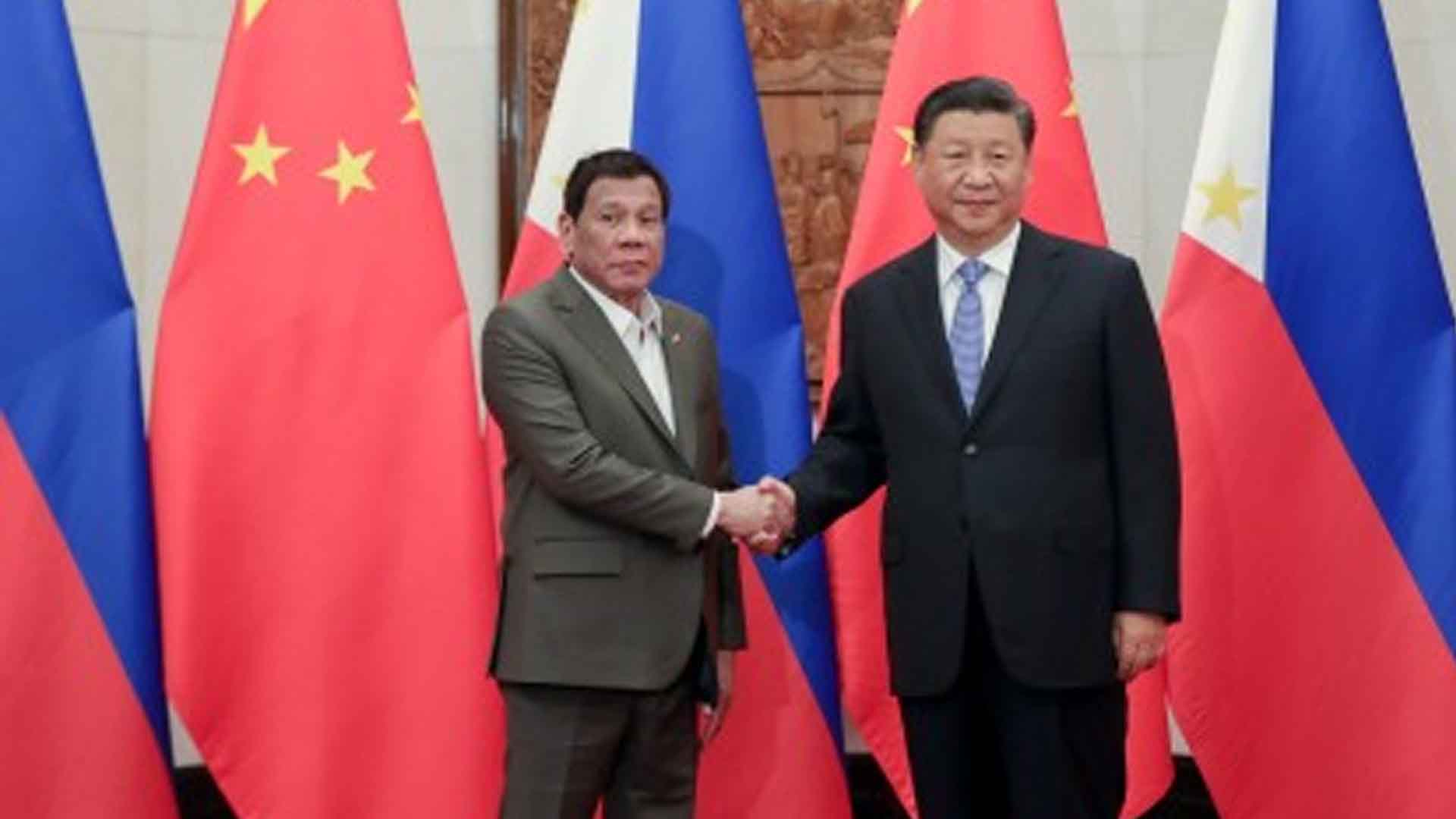Malacañang expressed optimism that Filipinos will one day appreciate China, considering President Rodrigo Duterte’s push for an independent foreign policy that is advantageous to the Philippines.
Presidential Spokesperson Salvador Panelo issued the statement, as he admitted that it no longer came as a surprise that public trust in China has fallen to its lowest level, as shown in the latest Social Weather Stations’ (SWS) September poll.
“The Palace is not surprised, as it does not feel affronted, with the results of the survey released yesterday, November 20, by the Social Weather Stations which indicate that China remains to be the least trusted country among Filipinos with a net trust rating of -33,” Panelo said in a statement.
Duterte has pursued an independent foreign policy, to maintain good relations with all nations, including China.
“It is in our belief, however, that China, like any other country, will be eventually appreciated by the Filipinos by reason of the President’s independent foreign policy which has resulted in significant benefits favorable to the Philippines,” he added.
Based on the September 27 to 30 survey conducted by the SWS, China’s net public trust fell from June 2019’s “poor” -24 to “bad” -33, the lowest since the “bad” -35 in June 2018.
SWS noted that net trust in China has been positive in nine out of 51 surveys since it first conducted the poll in August 1994, reaching as high as “moderate” +17 in June 2010.
Panelo said the poll results were “foreseeable and understandable,” given the “conflicting” positions of Manila and Beijing concerning the resource-rich South China Sea.
“Despite the territorial dispute not being the sum total of our relationship with China, the Office of the President will neither court nor force any citizen to change his or her sentiments toward our giant neighbor in the North. We will respect their conviction the way we value their allegiance to the Republic and its elements,” he said.
The Philippines and China’s diplomatic negotiations are ongoing to resolve their long-standing sea disputes.
Panelo remained hopeful that Filipinos would see China as a “role model,” especially in combating corruption.
“Verily, China could even become a role model of the Philippines in reducing, if not totally eradicating, poverty,” he said.
The same SWS poll revealed that the United States (US) earned the highest trust score, which remained “excellent” but dropped by one point to +72.
The US was followed by Australia (“good” +37), Japan (“good” +35), Singapore (“moderate” +26), and Vietnam (“neutral” net zero).
The SWS interviewed 1,800 adult Filipinos, using sampling error margins of ±2.3 percentage points for national percentages, ±4 percentage points each for Balance Luzon and Mindanao, and ±6 percentage points each for Metro Manila and the Visayas. (PNA)








